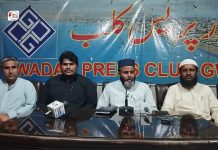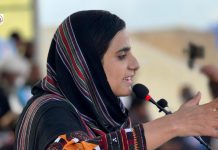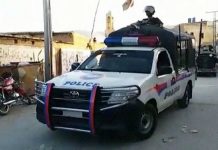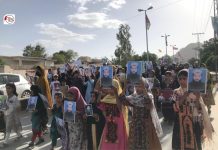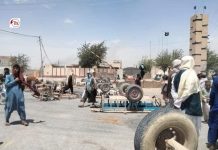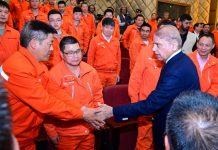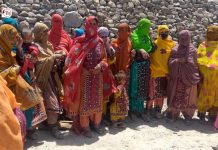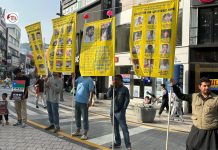The Baloch national freedom movement maintains its historical continuity, and the current insurgency is considered a continuation of the rebellion initiated by Agha Abdul Karim. Over the past seventy years, the struggle for Baloch national independence has endured various challenges, and the current insurgency is more organized and robust compared to previous uprisings.
Throughout these seventy years, the state of Pakistan has consistently refused to acknowledge the existence of the insurgency, dismissing the Baloch national movement as a problem caused by a few individuals or a specific group. At the beginning of the 21st century, efforts were made to link the start of the independence movement to the killing of Justice Nawaz Marri and the arrest of Khair Bux Marri. When attempts to suppress the freedom struggle failed, the military dictator General Pervez Musharraf attributed the Baloch national war to three chieftains, expressing his determination to remove them completely without them even realising what unfolded. In response, Nawab Khair Bakhsh Marri emphasized that the state should realize that the Baloch people have also evolved over the years and will respond accordingly.
Following General Musharraf’s military rule, former President of Pakistan Asif Zardari expressed a desire for reconciliation with the Baloch, offering apologies for the oppression inflicted upon them over the past sixty years. The People’s Party announced the launch of the Balochistan Rights Package, but the movement for independence did not end. Instead, after an attempt to associate the Baloch movement with India at the Sharm el-Sheikh summit, thousands of people were forcibly disappeared, and hundreds of mutilated bodies were found dumped on roadsides, mountains, and deserts.
The emergence of “fidayeen” attacks within the Baloch movement can be traced back to Darwesh Baloch’s assault on Shafiq Mengal in Quetta in 2011. However, it was Rehan Baloch’s attack on Chinese engineers in Dalbandan in 2018 that marked a significant turning point. Since then, the BLA Majeed Brigade has carried out several deadly attacks against the interests of Pakistan and China. Notably, Shari Baloch became the first female “fidayi” of the freedom movement. Following Sumiya Baloch’s “fidayi” attack, the Majeed Brigade released photographs of several female “fidayeen”, indicating the substantial involvement of women in their ranks.
In response to Shari Baloch’s attack, the state attempted to portray her as mentally ill, while Sumiya Baloch’s actions were deemed as a response to the enforced disappearance and martyrdom of her family members in Tutak. However, it is crucial to recognize the historical context of the Baloch insurgency. Intellectuals have consistently argued that the Baloch insurgency is a conscious and deliberate pursuit of independence, with decisions made by Baloch organizations on an institutional basis.
Baloch independence parties and organizations have sustained the organized Baloch national independence movement for two decades. It is unrealistic for the state to deny the existence of the Baloch insurgency or suppress it through sheer force. If efforts to quell the Baloch national war persist through state repression, it is likely that the frequency and intensity of attacks by Baloch armed organizations will escalate.











